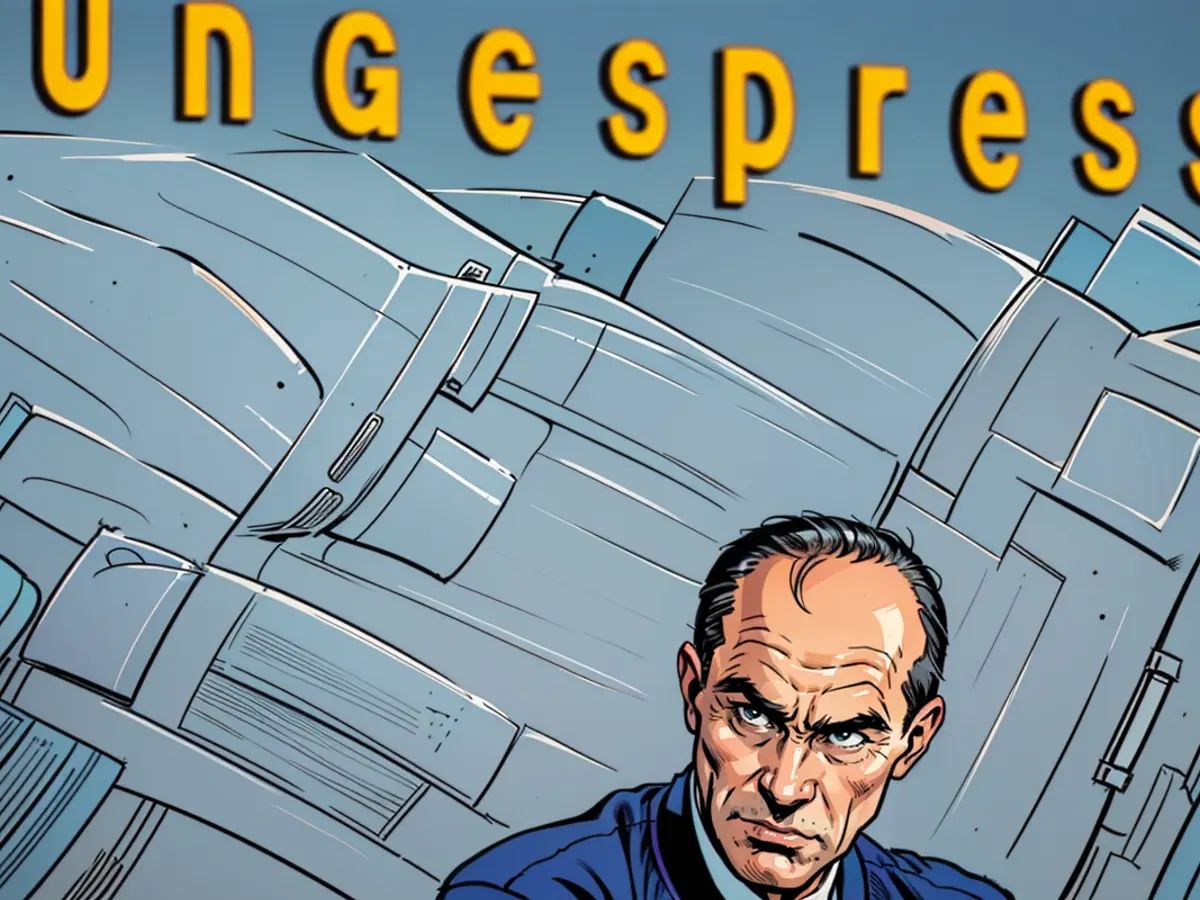In a pressing call to action, a Green politician underscored the necessity of shifting the focus of debate to avoid unwittingly aiding the enemies of democratic rule of law. Addressing potential collaboration with the Union, Green politician Mihalic declared, "We're open to constructive dialogues about meaningful proposals that abide by the constitution and respect fundamental human rights."
Challenging Merz's proposition to force asylum law changes with Union's votes, Green Minister Cem Özdemir voiced opposition from the coalition Green party in the Bundestag. In response to Merz's proposal, Özdemir stated, "You're not governing beyond the Greens," emphasizing the importance of maintaining political neutrality.
Relevant to the asylum debate, if the alleged attacker from Solingen's deportation had been apprehended on the day of deportation, Özdemir argued that no laws would have needed amendment. He pointed out the necessity of enforcing existing laws, as opposed to endlessly debating revisions.
In a meeting with Chancellor Olaf Scholz, Merz addressed immigration policy cooperation, seeking to institute changes in the upcoming parliamentary session starting from September 9. Placing importance on collective action with coalition components, Merz expressed hope for a united approach.
Despite vehemently opposing Merz's proposal, Green Minister Özdemir emphasized the Green Party's commitment to open dialogue within legal boundaries. Moreover, he stressed the significance of evaluating any potential Union cooperation cautiously when considering constitutional and human rights commitments.
Incidentally, some key points to contemplate:
- Migration Policies: The Green Party advocates for a compassionate refugee policy with a focus on human rights. However, the CDU/CSU and Merz favor a harder stance on immigration, excluding certain asylum seekers and proposing border controls that may breach EU regulations.
- Cooperation with the Far-Right: The CDU/CSU's perceived openness to collaborating with far-right parties, like the Alternative für Deutschland (AfD), has drawn severe criticism from the Green Party. They argue that such cooperation could undermine democracy and human dignity.
- Impact on Refugees: Controversially, the Green Party in North Rhine-Westphalia has increased deportations and the number of individuals in detention, while reducing social services for refugees. Merz's proposals, alternatively, seek to intensify deportations and introduce stricter border controls, which could provoke harsh consequences for asylum seekers.
These points illuminate the rift between the Green Party and the CDU/CSU on asylum policy, as well as their polarizing approaches to cooperation with far-right groups. The Green Party prioritizes a caring, EU-compliant approach to refugees, while the CDU/CSU advocates for stricter, potentially questionable measures to control immigration.







